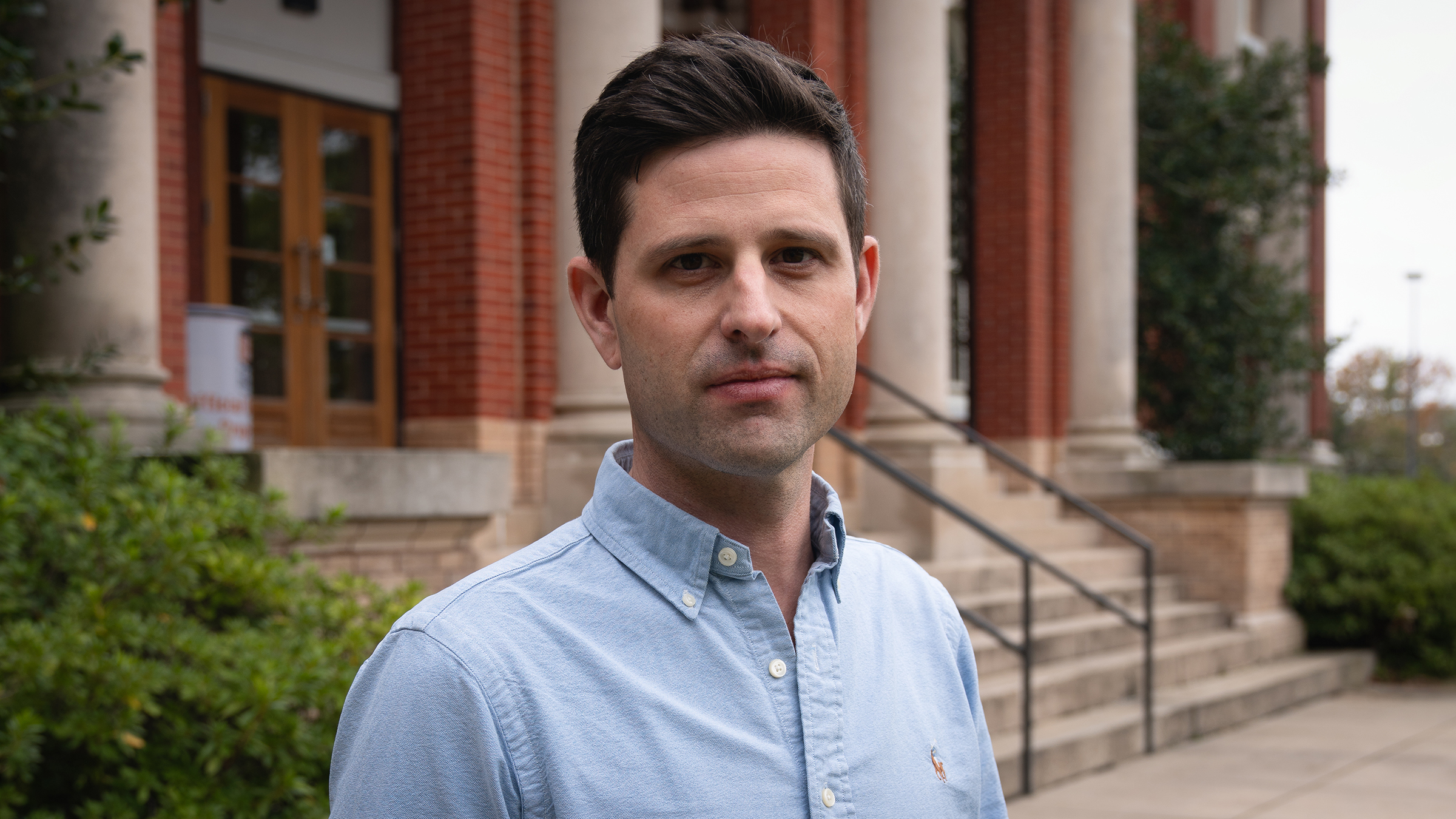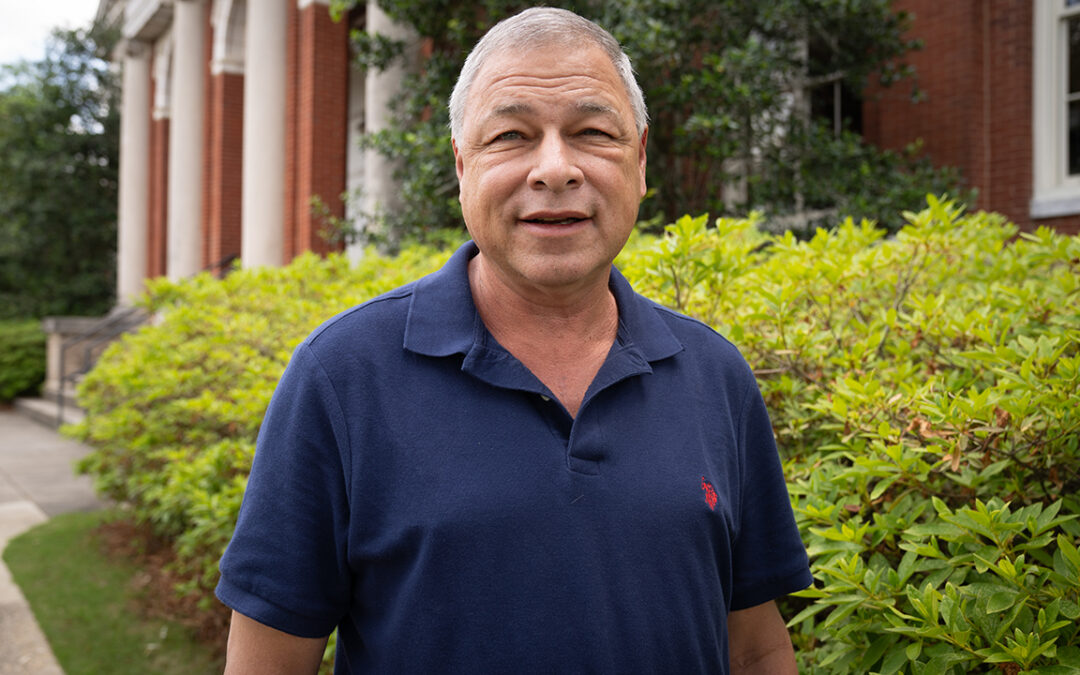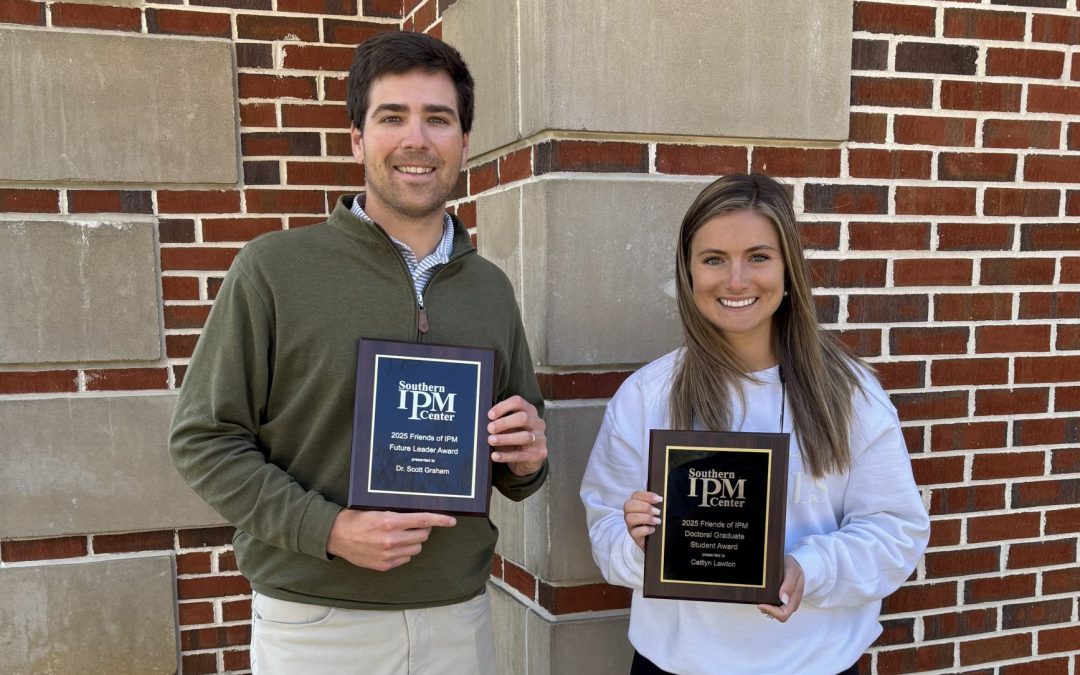“Human” episode airing Saturday to feature Penick’s research on urban ants
An episode of Planet Earth III airing in the U.S. this Saturday, Dec. 16, was made possible with the help of Assistant Professor Clint Penick in the Department of Entomology and Plant Pathology.
The episode is the seventh in the season and titled “Human.” According to the BBC, it will cover how the more than 8 billion people on the planet alter 80% of the land’s surface and share space with myriad species.
“The segment focuses on my research on ants in New York City,” Penick said. “Ants are small and often don’t get much attention, so I was thrilled when the BBC reached out to help them develop a pitch and serve as a scientific advisor.”
Penick worked with the production team for nearly three years as a paid consultant, and he has studied these particular urban ants for more than seven years.
“I use New York City as a model to study how urbanization impacts biodiversity, specifically insects,” he said. “New York City is the largest and most densely populated urban area in the United States, and it has a surprising abundance and diversity of ants — there are 2,000 ants for every human living in New York City, and more than 40 ant species can be found within a 10-mile radius of the Empire State Building.”
In addition to urban ants, Penick studies urban bees and currently has a grant from the USDA to study how they respond to urban heat and climate change. Insects play a dominant role in urban ecosystems in terms of both their abundance and diversity.
But the role insects play in urban ecosystems remains poorly understood. The diversity of insects in cities is barely characterized, let alone the impacts of insects on nutrient cycling, soil health, pollination, disease transmission and other ecosystem processes.
Working in places like New York City, scientists like Penick study the role human foods play in urban food webs and how social insects are adapted to urban life. He’s shown that the most abundant ants in cities are those that exploit human foods.
“The research featured in Planet Earth 3 focuses on how ants living in the city are able to find and recruit to the foods we drop on the ground,” Penick said. “It also shows the battles ants must fight with competitors, like pigeons, as they try to secure this limited resource.”
Narrated by David Attenborough, Planet Earth III, “Human” will air at 7 p.m. central on Saturday, Dec. 16, on BBC America and be available to stream on AMC+.





